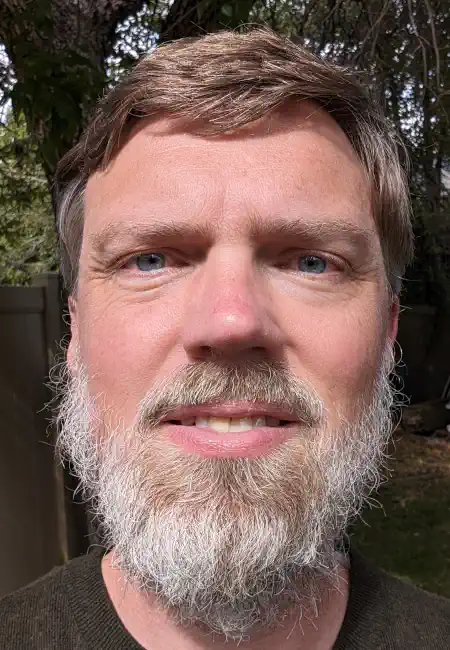

I live in Provo, Utah and work with Internet-related projects: web applications, databases, scalability, system administration, and security, and in the past, ecommerce and Android app development. I’m a radio amateur (“ham”) with call sign KG7TXN.
I sometimes write on Somusing, the blog of my wife, Erin, and wrote a lot on the End Point blog when I worked there.
Other places to find me on the web:
![]() LinkedIn
LinkedIn
![]() Twitter
Twitter
![]() Facebook
Facebook
![]() Instagram
Instagram
My email address is jon@swelter.net — since 1999! You may encrypt messages to me using PGP/GnuPG with my current public keys (2019 ed25519 ECC key, 2012 4096-bit RSA key), which superseded my historical keys (1998 DSA key, 1994 RSA key).
[quotation #229 of collection of 889 · previous · next · another random quotation]
A commercial, and in some respects a social, doubt has been started within the last year or two, whether or not it is right to discuss so openly the security or insecurity of locks. Many well-meaning persons suppose that the discussion respecting the means for baffling the supposed safety of locks offers a premium for dishonesty, by showing others how to be dishonest. This is a fallacy. Rogues are very keen in their profession, and already know much more than we can teach them respecting their several kinds of roguery. Rogues knew a good deal about lockpicking long before locksmiths discussed it among themselves, as they have lately done. If a lock—let it have been made in whatever country, or by whatever maker—is not so inviolable as it has hitherto been deemed to be, surely it is in the interest of honest persons to know this fact, because the dishonest are tolerably certain to be the first to apply the knowledge practically; and the spread of knowledge is necessary to give fair play to those who might suffer by ignorance. It cannot be too earnestly urged, that an acquaintance with real facts will, in the end, be better for all parties.A map of the route my son & I took on our 2019 trip to Armenia, Georgia, Ukraine, and Moldova: Jon and Seth itinerary in June 2019.
An interactive map of various churches we visited in north England in 2013, with links to our blog posts and photos about each: Churches in north England, 2013.
Presentation slides from talks I have given at technical conferences and company-wide meetings are available.
I support free software and open source. Don’t be a sharecropper!
I am on GitHub as jonjensen and have contributed to projects including PostgreSQL, Interchange, DevCamps, and Bucardo. I also keep old miscellaneous scripts around.
Other free software I work most often with:
awesome,
X.Org X11,
Sway,
Wayland,
alacritty,
kitty,
tmux,
Screen,
zsh,
bash,
Firefox,
Chromium,
Vim,
Git,
Rust,
Go,
Perl,
Python,
Ruby,
PHP,
PostgreSQL,
Linux (mostly
Red Hat/
Once upon a time I created some RPM packages of free software for use on Fedora Linux. The source RPMs may still prove useful for building on a newer version.
Some Unicode things I keep handy:
Language family maps for reference:
My novice linguistics research: I wrote a paper for Linguistics 490 (senior seminar) taught by John Robertson, winter semester 1998 at Brigham Young University. It examines how Hebrew verb patterns (binyanim) may be semantically grouped using C.S. Peirce’s universal categories. The paper: Hebrew Verb Pattern Tendencies Clarified by Peirce’s Universal Categories (8.5″ x 11″). Reference chart: Roots in various binyanim chart (11″ x 17″).
Some of my free verse:
Many years ago, a tree fell on our car, so I wrote up the story to share.
A few organizations I support:
Links about religion:
Johann Sebastian Bach composed some of my favorite music. See these freely redistributable Bach sheet music PDFs and the James Kibbie complete Bach organ works recordings. Mutopia collects freely usable music scores. Thanks to those who typeset the music and gave it away!
Hymns:
mod.zayda.net is a collection of old Amiga-era music “modules”, including the whole U4ia and F8 collection by Jim Young, mostly created on his Amiga.
End communication.